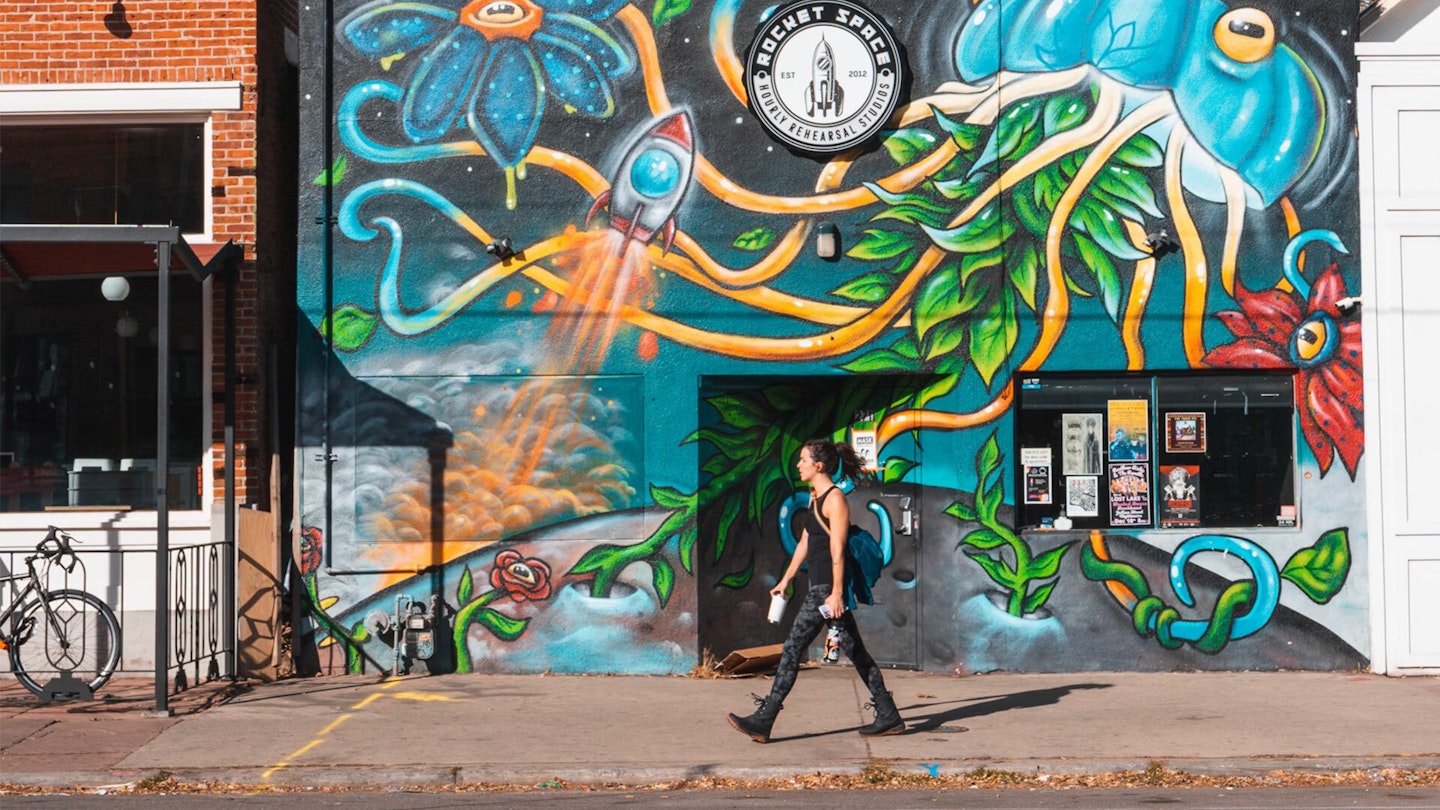
In the realm of multifamily property marketing, the shift towards localization represents not just a trend but a strategic imperative.
As we navigate the complexities of the real estate market in 2024, the importance of integrating localized marketing strategies into the broader go-to-market framework has become increasingly clear.
The local approach is not merely about advertising availability but about embedding a property within the fabric of its local community, thereby enhancing its appeal and fostering a sense of belonging among potential residents.
It should not be considered "the" marketing plan, much like simply posting on the ILS networks is also not "the" marketing plan.
But there are certainly big advantages to doing it well today and as a part of a broader marketing game plan.
Localized multifamily marketing transcends traditional advertising, focusing on establishing deep connections with the community.
It involves engaging with local businesses, from cafes and restaurants to service providers, to create a network of mutual support that benefits both the property and the local economy.
This strategy leverages local landmarks, culture, and community events to create a marketing narrative that resonates with potential residents on a personal level, emphasizing the unique aspects of living in a particular neighborhood.
Perhaps unsurprisingly, engaging with local employers, shops, and service providers is a cornerstone of this approach. By creating partnerships and offering exclusive deals or promotions, properties can attract residents who are looking for more than just a place to live—they're seeking a community.
Additionally, utilizing platforms like Craigslist, Facebook Marketplace, and Google My Business for targeted local advertising can significantly enhance visibility and appeal to those searching for housing within specific locales.
The integration of digital marketing strategies with local engagement efforts is essential, too.
For example, a clean property listing on Google My Business not only improves search engine visibility but also provides potential residents with easy access to information, reviews, and the property's location within the context of the local community.
Similarly, as an example here in Colorado, engaging with local military bases and related employers to include property information in welcome packets can directly target new residents relocating to the area, offering them a seamless transition into the community.
The challenge lies in modernizing these local marketing techniques to stand out in a competitive market.
Out-of-the-box ideas, like collaborating with local businesses for social media content or creating neighborhood guides featuring interviews with local shop owners, can significantly elevate a property's local presence.
This content not only enriches the property's marketing materials but also strengthens community ties by highlighting local culture and businesses.
Social media platforms, too, offer unique opportunities for properties to showcase its integration with a neighborhood.
Marketers can create a vivid, inviting image of the community life that residents can expect by simply featuring local landmarks, businesses, and even personalities (a local barista, the taco truck owner, a barber shop down the street, etc.) on a property's Instagram page.
This approach not only attracts potential residents but also fosters a sense of pride and belonging among current ones.
As we look towards the future of multifamily marketing, it's clear that the path forward is deeply rooted in the local community.
By embracing and innovating within localized marketing, properties can differentiate themselves in a crowded market, offering potential residents not just a place to live but a place to belong.
This will require a delicate balance between digital marketing prowess and genuine community engagement—a challenge that, if met, can transform a property into a vibrant, integral part of its local ecosystem.
In the end, the most successful properties will be those that understand and leverage the power of their local communities.
They will not only fill their buildings with residents but also contribute to the fabric of the neighborhoods they inhabit, creating lasting bonds and enriching lives.
It's one thing to say it or think it and another entirely to deploy it.
As we continue to explore and expand upon these localized marketing methods, we forge a path toward a more connected, community-oriented future in multifamily living.
And that's what everyone wants - right?

Discover why boutique multifamily buildings outperform their larger competitors by focusing on curated experiences, intentional design, and emotionally resonant branding.

Discover how data-driven branding strategies can accelerate leasing, boost NOI, and turn your multifamily property's identity into a measurable performance asset.

Your brand’s reputation is built—or broken—at the leasing desk. Are you ready to unify leasing and marketing to protect it?

Remember when we all DIY dip-dyed our hair in Kool-aide and learned just because you can do it yourself doesn't mean you should? This week we're digging into the hidden costs of DIY'd branding.
A simple read in under 5 minutes, delivered to your inbox Saturday mornings.
A simple read in under 5 minutes, delivered to your inbox Saturday mornings.